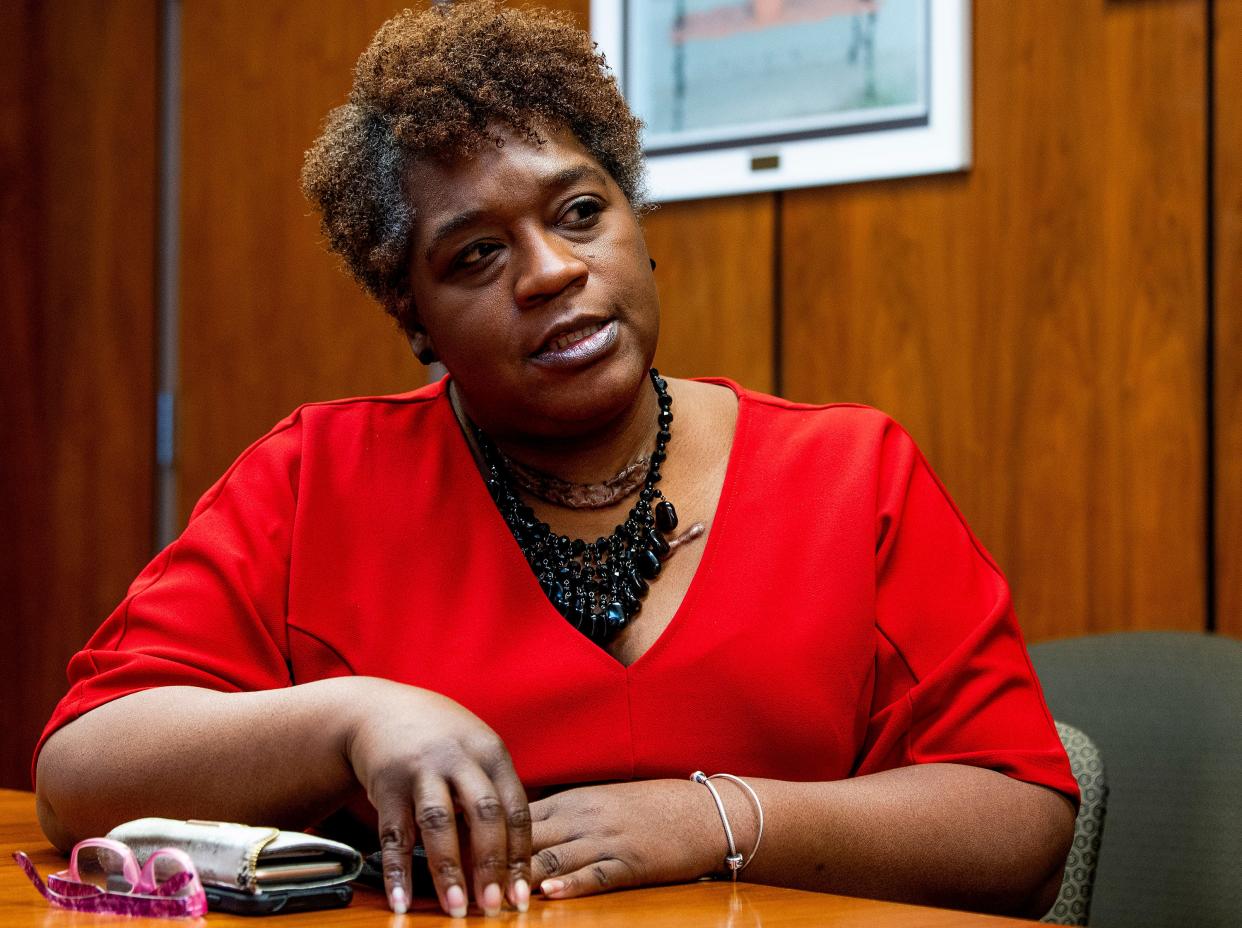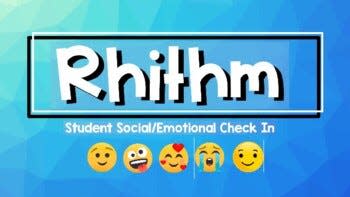Some Montgomery school parents feel Rhithm app may violate their rights, privacy of children

Some parents fear a new app that gauges students' day-to-day feelings being used in Montgomery Public Schools could trigger negative reactions from school officials against them.
The Rhithm app allows students to select emojis that correlate with how they are feeling, and is part of Montgomery Public Schools’ growing emphasis on social and emotional learning, according to Dr. Catherliene Williamson, Associate Superintendent of Montgomery Public Schools.
"So, we added additional emphasis on social and emotional learning, as we prepare to bring children back this school year,” said Williamson.
Some parents had raised concerns about school reactions to the input by students. For instance, if a student consistently selects the emoji that they are hungry, then the schools might try and intervene with protective services.

Williamson explained that this would not happen, and the use of the app by the schools does not mean that parents will be cut out from the process.
Toshia Martin, who has a child in the Montgomery Public Schools system, said she felt the emojis were too much like a game and could not accurately capture where the children were in a given day.
“I mean, let's just say, my kid tripped and had a bad morning, then all of a sudden, she's feeling kind of gripey ...,” said Martin. “And so, she puts sad faces for absolutely everything. Does that mean that she's in a sad place that day? No. It means that she had a bad moment.”
LeAnne Thomas, whose daughter attends Montgomery Public Schools, recalled the story of her older son when he was in high school. His class was asked to write in daily journals, and her son had decided that his daily life had been too boring for the journal. His journal entry that day involved late-night adventures.
Thomas was called to the school’s office, and when she heard why — explained that her son could still barely drive and he was not driving down Atlanta Highway in the middle of the night. When she asked him why he did it, he just said that his journal was boring.
“When they were doing journals, kids lie,” said Thomas.
In addition to the selection of emojis, there is also a section where students can input comments. This comment section is one of the few places that could trigger a protocol from Montgomery Public Schools to intervene — if a student puts in anything that indicates self-harm.
Williamson explained the input coming from the app does not change the schools’ usual protocol when responding to self-harm by the students. The protocol is used by all districts in the state.
Parents had expressed concerns that they were not included in the process of the app being introduced to schools. Nicole, as well as two other parents, Kaitlan Cooper and Krystal Williams, expressed that their concerns are with the school system and not the individual school where their children attend.
Other parents had privacy concerns about the app.
Cooper, whose child attends an elementary school in the Montgomery Public Schools system, said that her son does “not fully understand feelings and emotion” and that she would have liked the opportunity to better understand how the app is used.
Williamson said that information has since been sent out to parents.
Nicole explained that she was concerned about where the information from the app would be sent and used. She said that information from the app being given to school administrators was analogous to her therapist giving her personal files to her boss.
“You need to get my permission in order to get that information. There's just a lot of things in which it’s ... a tricky spot right here. It's very, very helpful. But it's also very, very personal.”
The Rhithm app used to have data available for purchase, but now they work with school districts, explained Williamson. Now, all data from the Rhithm app is housed internally by the Montgomery Public Schools system.
At present, Montgomery Public Schools does not have a protocol that would destroy the data after a certain number of years, but Williamson explained that the data from the app would likely not follow the students from one grade level to the next.
"It is not my understanding that we're going to track data such as that, because keep in mind, even the data that we have available on students now,” said Williamson. “A current teacher has a closed set of data that they are able to access. There's very few school personnel that can track a child for their entire tenure in the district.”
When asked about what could make them feel better about the app, another parent, Williams, said that she wanted more information, stating that she got a “whole pamphlet for the book fair” but not the app.
Jemma Stephenson is the children and education reporter for the Montgomery Advertiser. She can be reached at jstephenson@gannett.com or 334-261-1569.
This article originally appeared on Montgomery Advertiser: Parents concerned over how data from school app is used

